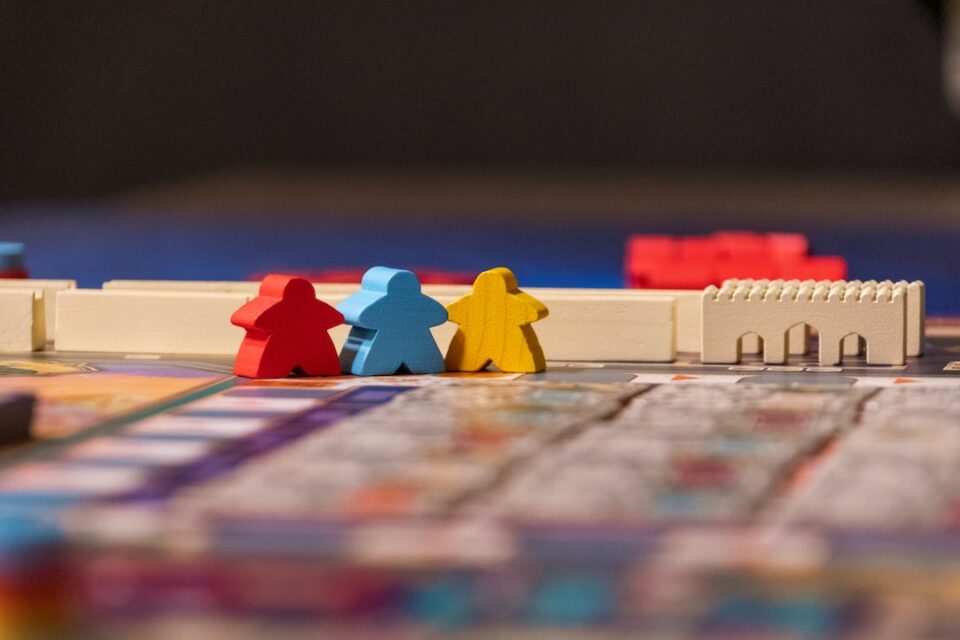The Social Impact of Online Multiplayer Games
Online multiplayer games have gained immense popularity over the past few decades. With millions of players from all around the world connecting and engaging in virtual worlds, these games have a significant social impact on individuals and society as a whole. While some critics argue against their negative effects, it is essential to explore both the positive and negative aspects of online multiplayer games and understand their impact on social dynamics.
First and foremost, online multiplayer games promote social interaction and connectivity. Players have the opportunity to connect with people from various backgrounds, cultures, and countries, breaking down barriers and fostering cross-cultural exchange. Through team-based gameplay and communication tools in these games, individuals learn to collaborate, strategize, and form long-lasting friendships, often even extending beyond the virtual realm. This social aspect of online multiplayer games has proved to be particularly beneficial for individuals who struggle with social anxiety or those who find it challenging to make friends in traditional social settings.
Moreover, these games provide a platform for individuals to develop and showcase their skills, fostering a sense of achievement and enhancing self-confidence. Players can become part of various communities or clans, where they are appreciated for their abilities. This positive reinforcement not only boosts their self-esteem but also encourages them to engage in activities that lead to personal growth and development. Online multiplayer games often have complex gameplay mechanics and require critical thinking, problem-solving, and decision-making skills. These abilities can be transferred to real-world situations, making individuals more adaptable and capable.
Online multiplayer games also offer a unique space for self-expression and creativity. Many games provide customization options, allowing players to design their virtual avatars, homes, or even entire worlds. This creative outlet enables individuals to express their personality, preferences, and imagination in ways that might not be possible in their everyday lives. Additionally, some games provide modding tools or platforms for user-generated content, where players can create and share their own game modifications, levels, or artwork with others. This promotes a sense of ownership and empowerment, encouraging players to actively participate in the game’s development and community.
However, there are also potential negative consequences emerging from online multiplayer games. Excessive gaming can lead to addiction, affecting individuals’ physical and mental health. Excessive screen time can result in sedentary behavior, leading to various health issues like obesity, musculoskeletal disorders, and sleep disturbances. Additionally, individuals who spend a significant amount of time playing online multiplayer games might neglect their real-life relationships, priorities, and duties, potentially leading to social isolation or strained interpersonal relationships.
Another concern is the potential for toxic behavior and harassment within online gaming communities. Due to the anonymity provided by the virtual environment, some individuals exhibit harmful and offensive behavior, known as “griefing,” which can range from verbal abuse to cyberbullying. Online multiplayer games often have mechanisms to report and punish such behavior, but the problem persists to some extent. These negative interactions can have a detrimental impact on individuals’ well-being and contribute to a toxic gaming culture.
In conclusion, online multiplayer games have a significant social impact on individuals and society at large. They provide avenues for social interaction, skill development, and creativity. However, it is important to be aware of potential negative consequences such as addiction, health issues, and toxic behavior. Promoting responsible gaming habits, fostering positive online communities, and encouraging a balance between virtual and real-life experiences can help harness the positive potential of online multiplayer games while mitigating their negative effects. Ultimately, it is up to both the developers and the players to shape the future trajectory of these games and ensure their positive social impact.

